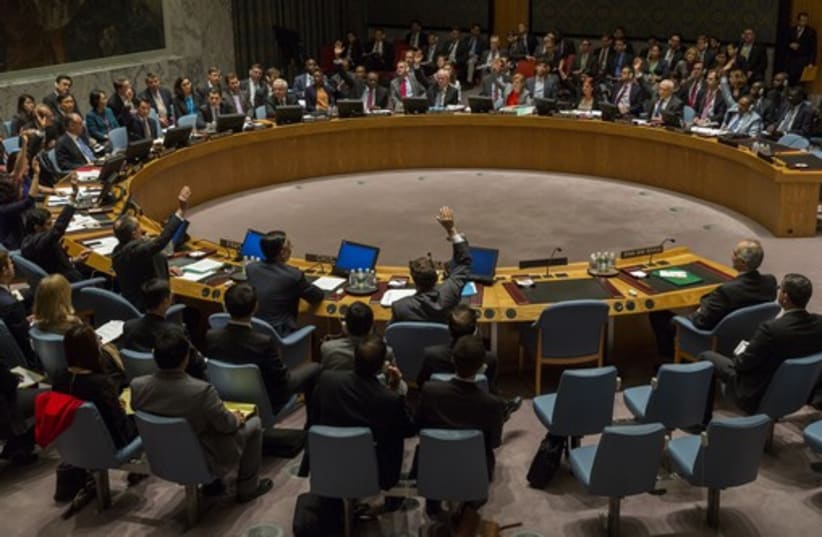A Related Video You May Like:
He added that he believed global confidence in the PA has dissipated.Admitting that the ICC Prosecution might decide to open a full criminal investigation against Israelis for alleged war crimes and that the ICC Pretrial Chamber has not been friendly to Israel, he said, “If there is a decision to proceed, then we need to get the debate over Palestinian statehood on the agenda.”“The more we get people to talk about it... maybe we can get them to turn back [from accepting Palestine as a state].”The Post also discussed the arguments Tucker made in his books about the legality of Israel’s settlements, which he defended.Unlike the question of the UN Security Council not recognizing Palestine as a state, the Post noted, UN Security Council Resolution 2334 of December 2016 declared that Israeli settlements have no legal validity and flagrantly violate international law.Tucker responded, “So what? It is politically important, but it is not binding.” He noted four main sources of international law: treaties, conventions, general principles and judicial decisions.Although he said the UN Security Council could bind states with Chapter 7 resolutions, Resolution 2334 was passed under the nonbinding Chapter 6 and was “more of a general statement than an authoritative pronouncement on law,” he said.Rather, Tucker explained, the main relevant issue was Article 49(6) of the Geneva Convention which clearly did not apply to Jewish settlers living voluntarily in the West Bank.Tucker was more concerned about the International Court of Justice’s statements about the settlements in a 2004 opinion, but said the ICJ itself admitted it lacked a full factual picture when Israel did not appear to plead the case.Besides those current issues, the book comprehensively surveys international law issues throughout Israeli history.
Expert: Palestine fails international law test for statehood at ICC
If Palestine was ruled not to be a state by the ICC Pretrial Chamber, then the ICC Prosecution’s probe of Israelis would likely fall by the wayside.
